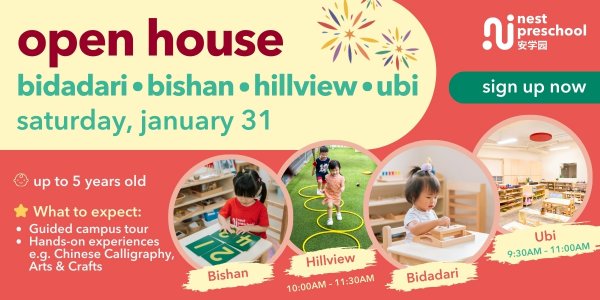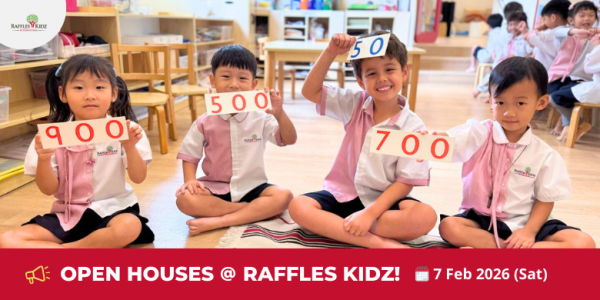A Brief History
First of all, it is worth noting that the Play-Based Approach is not a vigorous approach like Montessori or High-Scope. It is made out of related but separate studies by different researchers, and draws on different theories, such as Lev Vygotsky’s concept of “scaffolding.” In fact, Montessori, High-Scope and Reggio Emilia can all be considered as “Play-Based” approaches. Contemporary pre-schools who claim to take on a “play-based” approach most likely combined elements from the above-mentioned approaches. Hence, it is quite common for the curriculum to differ greatly between 2 play-based pre-schools.
The Play-Based Perspective
In general, the approach emphasizes that when children are exposed to literacy and numeracy learning through hands-on, practical and play-based experiences, they are more likely to engage meaningfully and successfully with them. This is further supported by studies indicating that children can learn a myriad of things from play. For example, as children swing and run around the playground, they are developing their motor skills and muscle strength. When playing with toys, they are learning about the concept of shape, size, volume, etc. And if they have to share the toy, they learn how to negotiate and socialize with other children. The possibilities are endless. Due to criticism (as well as parental concerns) that a full play-based curriculum may not adequately prepare children for Primary 1, almost all play-based pre-school in Singapore incorporate “structured play” and/or academic programmes into their curriculum.
The Play-Based Classroom
- Fewer activities are academic in nature.
- Plenty of time is dedicated to outdoor activities and free play.
- Premises equipped with large outdoor areas and facilities, such as playground, mini pool, swings, etc.
- Most activities are not planned ahead of time, but are spontaneously decided
- Children are free to move around the designated area for play, without restriction as to the activity he/she wants to carry out.
- Learning is child-centred, teachers act as facilitators, answering any questions the children may have with what they were playing with, and taking the opportunity to expand the child’s learning.
How Does This Benefit My Child?
- Children will be able to learn a myriad of concepts in a stress-free environment, and in a way that interests them. This may lead to a positive attitude towards learning and school.
- Build up social skills like teamwork, negotiation and conflict resolution through interaction with other children while playing.
- Improve gross motor skills and dexterity by running around and playing with intricate toys.
- This approach will be suitable for children with short-attention span as they will only need to play with things that interests them.
- A greater understanding of nature through outdoor exploration and games.
We hope that the article will be able to help you understand a little bit more about the Play-Based approach and the benefits it brings to your child. Should you have any questions, feel free to leave a comment below.
LATEST HAPPENINGS
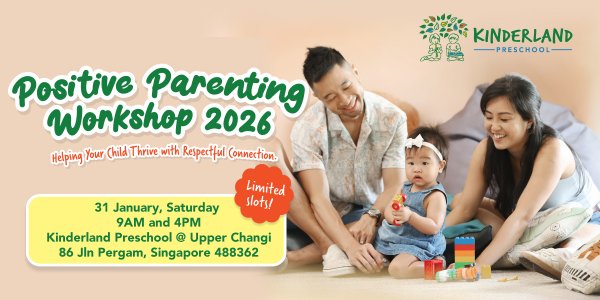
Kinderland Preschool @ Upper Changi - Positive Parenting Workshop 2026
31st Jan 09:00 AM ~ 05:30 PMKinderland Preschool @ Upper Changi Read More

Cambridge Pre-school Open House 7 Feb 2026
7th Feb 09:30 AM ~ 11:00 AMCambridge @ Artra Alexandra Read More

Knightsbridge House International School - Open House (7 Feb 2026)
7th Feb 11:30 AM ~ 01:00 PMBukit Timah Campus Read More
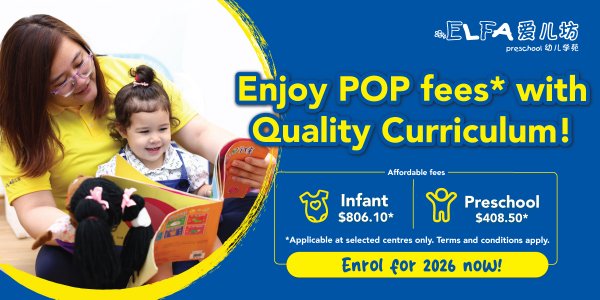
Experience ELFA Preschool’s renowned Mandarin–English, story-based curriculum — now at POP fees*!
19th Dec, 2025 03:00 PM ~ 28th Feb, 2026 12:00 PMELFA Preschool @ Hougang Read More
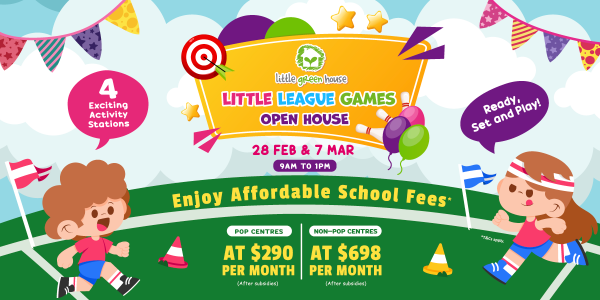
Little League Games Open House
28th Feb 09:00 AM ~ 7th Mar 01:00 PMLittle Green House @ Aljunied Read More

InnoSage Online Chinese Immersion Programme
9th Aug, 2023 05:00 AM ~ 6th Dec, 2031 10:00 PMRead More
FIND A PRESCHOOL NEAR YOU
Type in your place’s postal code, click search and
See all Preschools near your place.
GET REAL TIME UPDATES
On Events And Offers From Childcare Centres Near You
Spend your time playing with your children instead of searching the web for the right preschool.
Leave Your Preschool Hunting Job to Us


